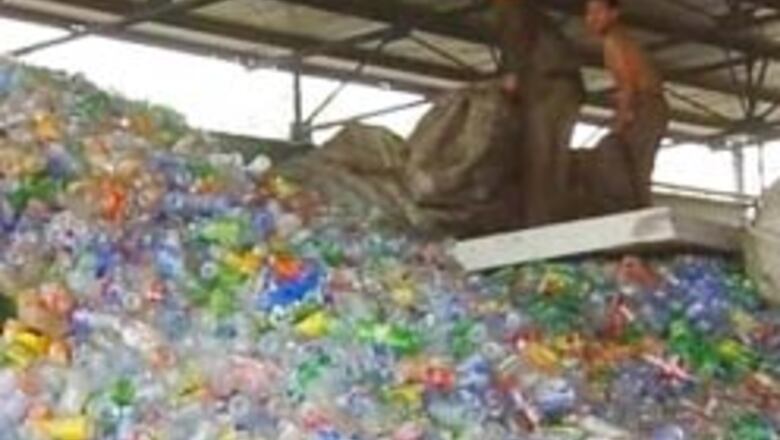
views
Beijing: With the Olympics fast approaching, Beijing is buzzing with activity not just on the field, but off it as well.
China's Liu Xiang is country biggest track and field star. Liu was a surprise gold medallist at the 2004 Athens Olympics and the first athlete of non-African descent to go under 13 seconds in the 110 metres hurdles.
He has gone on to prove it was no flash in the pan winning the World Championship last year but that doesn't guarantee preferential treatment.
"Although he still isn't performing at his best, through special training methods, we can improve his hurdling level. This doesn't just go for Liu Xiang, it applies to all athletes," says deputy coach of athletics Sun Haiping.
Liu who is training in Beijing joined 50 other athletes to sign a pledge promising to participate 'cleanly' in the Olympics and avoid performance-enhancing drugs.
But while that clean-up is going as per plan, there is trouble brewing for Beijing's clean-up gang.
The Chinese government is clearing its 1,70,000 strong army of waste collectors off the streets as it aims to present a sanitised, modern city to millions visitors and sportspersons.
"I think one of the government's reasons is traffic flow, another is management, another perhaps is that it might influence international opinion if people from different countries come and all see this kind of thing. But this is how Beijing is, some things you just can't change. After all, isn't China still a developing country?" a refuse trader Hu Kexin asks.
Authorities have already shut down scores of garbage recycling markets where the migrants sell their refuse, effectively cutting off their source of income.
"Of course I don't want to leave Beijing, because here I can make around 30 to 50 Yuan a day. If I go home I can't make anything. So I want to stay," a refuse collector says.
But protests are never going to work in Beijing and for the waste collectors the options are limited. These are after all the Green Olympics.



















Comments
0 comment